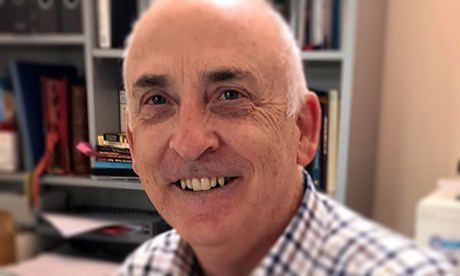WelCom November 2021
Joe Grayland
Tedium, grief, and hope are the three words that sum up my experience of lockdown.
Tedium is the tiredness that inhabits every day and every decision. We are living in the tedium of a car journey that won’t end where everyone, not just the children, is asking, ‘are we there yet?’ Living in the banality of sameness in a routine of masks and indecision. There is a wearisomeness in the lives of many. I can see it on their faces; it falls like a pall over events that would otherwise be joyous. There’s a tiredness to deciding, again and again, not to do something, not to go somewhere, not to visit someone, not to come to church. The tedium of figuring out again and again what still makes sense seeps into bones and spirit.
Grief, like volcanic ash, has layered itself over our living. No decision is without it. The grief of doubt: will it happen? The grief of peace: will we lose it? The grief of loss: will we get back what is gone? The grief of death: shall we bury or cremate? The grief of freedom: what can we be sure of? Each decision and ordinary daily tasks are layered with grief. The tedium of grief consumes energy. It leaves individuals, organisations and businesses open one day and closed the next. Grief goes deep into the psyche and manifests itself in violence, avoidance, and withdrawal. Grief sets up opposing points of view that demand attention and defies reconciliation.
Hope is the hold. Hope gives tedium and grief a larger context and an opportunity for meaning. Hope gives hope of something else, of life beyond its present moment. Hope doesn’t give back the past and the old certainties; they are gone! Hope calls us forward to embrace a new reality, whatever that may be. Hope is not without purpose or vision. Hope is the invitation to find a new compass point beyond grief and tedium. Hope is the compass point of the future. We turn, resolutely, towards it.
“Hope is the compass point of the future.”
